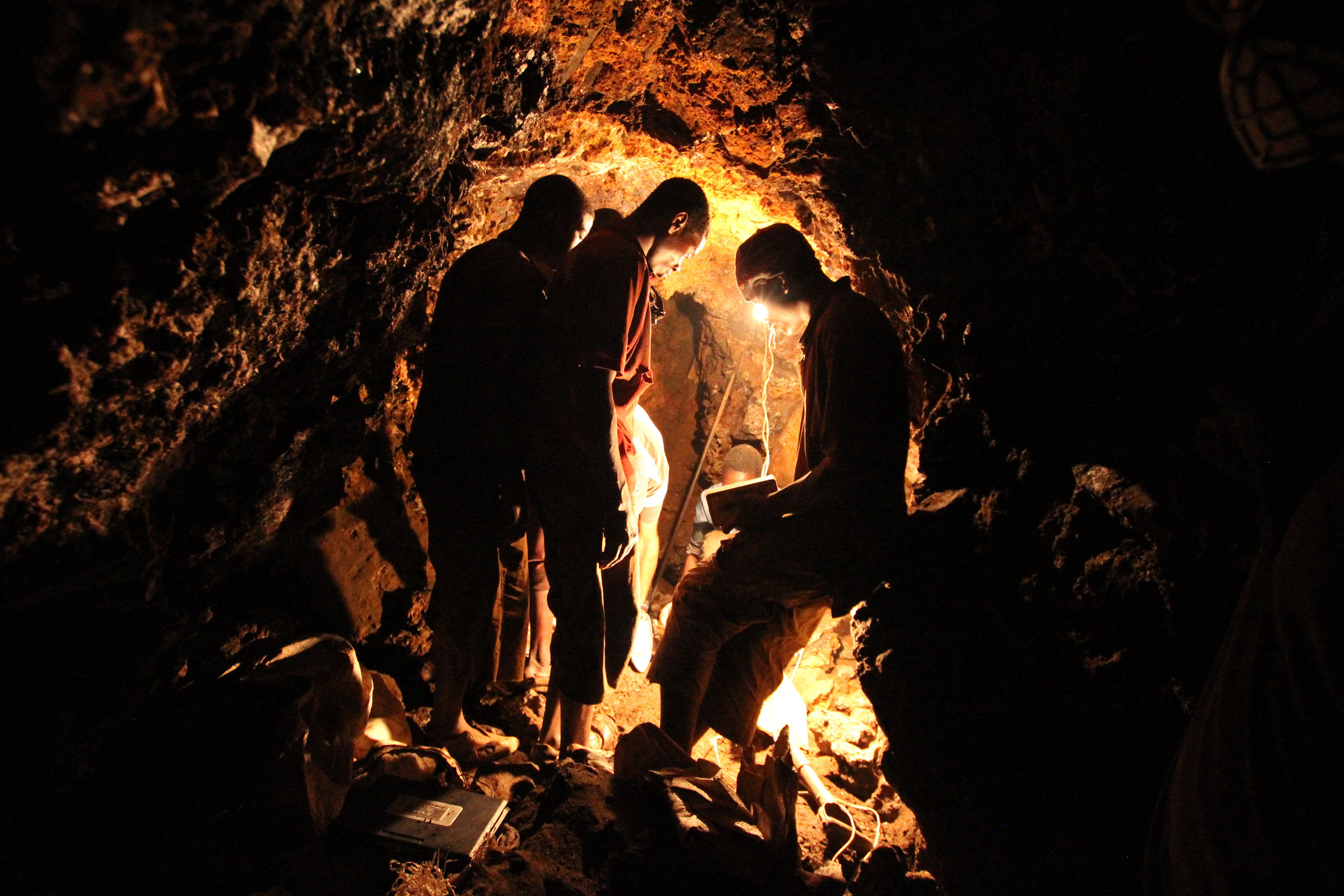The project consists of two parts.
Transitions out of agriculture and into other sectors of the economy are a necessary part of economic development. In Africa, some of the traditional routes out of agriculture- through the domestic industrial revolution, a “green revolution” in the agricultural sector, or trade reforms that stimulate industrial growth- have not typically been present. In this project, we investigate an alternative pathway out of agriculture for rural economies. We ask whether labour migration and access to external capital that this migration (through remittances) can facilitate structural change in rural labour markets. Specifically, we focus on the case of Malawi, one of the poorest countries in Africa. Malawi has a long history of male migration to South African mines. Between 1950 and the early 1990s, over 1.3 million men were contracted to work on South African mines. In some years, more than 20% of the adult male labour force was missing from the country.
In this project, we set out to investigate whether labour migration can offer an alternative pathway out of agriculture and facilitate some measure of structural change in rural labour markets. Specifically, we investigate whether large‐scale male outmigration from rural Malawi from the late 1940s to the early 1990s changed the structure of rural production away from agriculture by encouraging women to enter the labour force and shifting workers towards non‐farm occupations and industries. We also investigate whether these shocks to migration affected investments in the next generation of workers, upgrading the level of education of cohorts eligible to be in school at the time of large‐scale migration.
In addition to collecting Census data for our quantitative analysis, we collect, digitise, and use:
- administrative data on the location of mine recruiting stations in Malawi to measure which areas were easy to migrate away from.
- mining records on the flows of remittances back to Malawi in each year to capture the new access to capital that rural economies could exploit.
- available agricultural input and output data to investigate whether labour migration had negative effects on farm yields (through removing labour) or positive impacts on farm technology (through investments in better capital inputs)
The resulting datasets are made available to the Malawi National Archives (an important source of data for this project), the University of Malawi Library, and the Malawi National Statistics office. They provide a practical illustration of how researchers and local institutions can benefit from linking up different data sources for use in economic analysis.
